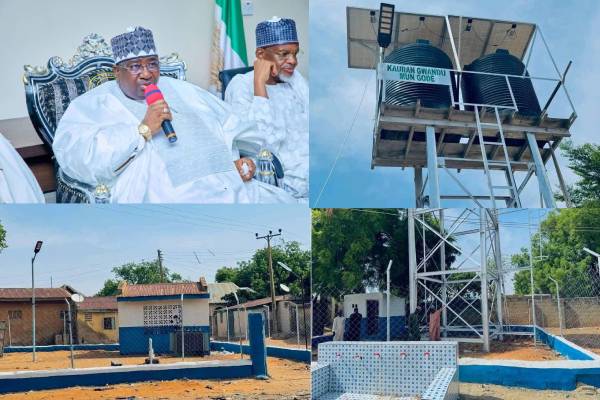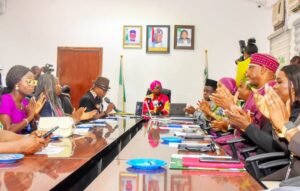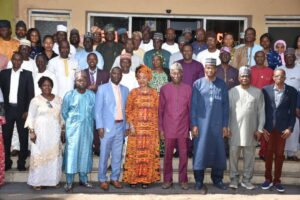Kebbi State Government has embarked on a comprehensive rehabilitation and upgrade of its water infrastructure, converting dozens of electrically powered boreholes into solar-powered systems in a bold move to improve access to clean and sustainable water.
The initiative is part of a broader strategy to combat persistent electricity disruptions and enhance water sustainability across the state.
This proactive intervention follows the recent collapse of five major transmission towers that connect Kebbi to the Kainji power grid. With restoration work on the power infrastructure still ongoing, the state government is taking urgent steps to guarantee uninterrupted water access to its residents.
Speaking during a press briefing in Birnin Kebbi on Thursday, the Commissioner for Water Resources, Hon. Bello Abdullahi Ka’oje, disclosed that Governor Nasir Idris has thrown his full weight behind the Ministry of Water Resources to ensure consistent water treatment and distribution throughout the state. Also present at the briefing was the Commissioner for Information and Culture, Yakubu Ahmad Birnin-Kebbi.
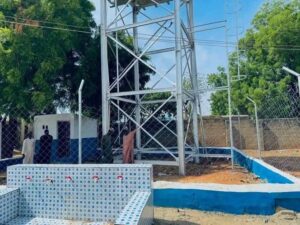
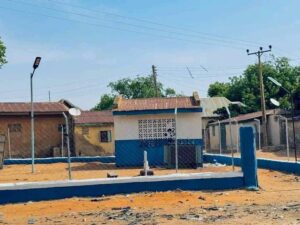
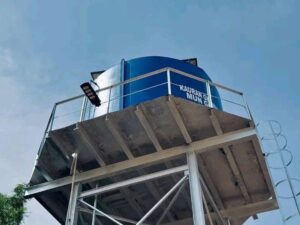

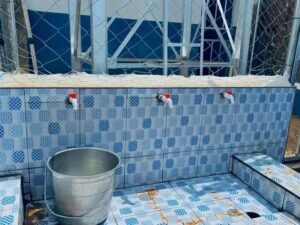
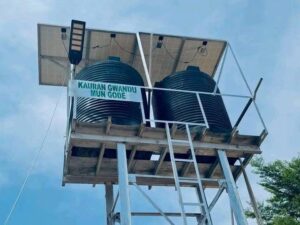
According to Ka’oje, the governor has approved the procurement of essential water treatment chemicals for the second quarter of the year and the construction of four new boreholes in strategic locations, including Bayan-Kara Market and the Old Garage area in Birnin Kebbi. The commissioner added that 50 existing boreholes in the state capital are currently being rehabilitated and converted to solar power to ensure sustainability and energy efficiency.
Read Also
“This transition to solar energy is not just a response to the current power crisis; it is also part of the state government’s long-term commitment to environmental sustainability and energy independence,” Ka’oje noted.
In addition to state-led interventions, Kebbi is partnering with international development agencies to scale up water, sanitation, and hygiene (WASH) services. The commissioner highlighted ongoing collaborations with the World Bank through the Sustainable Urban Rural Water, Sanitation and Hygiene (SURWASH) program, the Sustainable Power and Irrigation in Nigeria (SPIN) project, and the Agro-Climatic Resilience in Semi-Arid Landscapes (ACRESAL) initiative. Kebbi is also benefitting from a UNICEF-supported WASH program.
Ka’oje emphasized that Kebbi State has met all counterpart funding requirements for these programs, enabling communities to begin benefiting from improved water and sanitation infrastructure.
As part of the state’s broader sanitation campaign, Kebbi is making notable strides toward eliminating open defecation. The commissioner announced that Bagudo and Shanga Local Government Areas have already been certified open defecation-free by the Federal Ministry of Water Resources and UNICEF, with Arewa LGA expected to join the list in the coming weeks.
“Access to clean water and proper sanitation is the foundation of public health,” Ka’oje said. “We remain committed to building a healthy, disease-free society through strategic infrastructure investments and strong partnerships.”
The latest initiatives mark a significant step forward in Kebbi’s quest to deliver clean, reliable, and environmentally friendly water solutions to its growing population.

